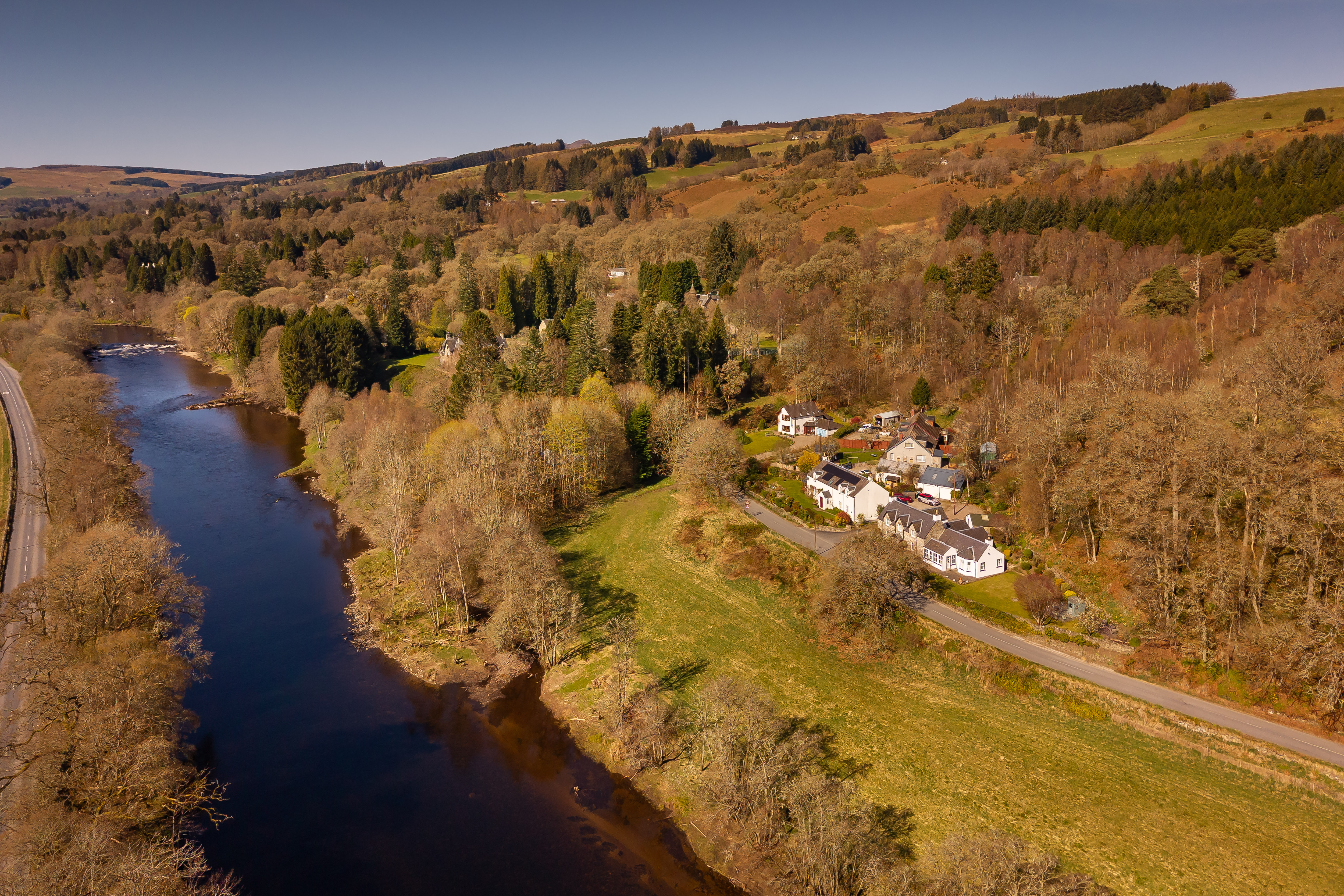Spectator: The necessity of a phone signal
A visit to Orkney suggests that a strong mobile phone signal might not be essential to life


The mood in a house full of people trying to revise is definitely low and I decide that now is not the moment to tell them that there's no mobile-phone signal at their new house. A signal is top of their list of priorities, coming ahead of bedrooms, which is lucky as we also seem to be short of one of those.
We don't have a landline at the house we're still renting. Actually, we do, but none of us know the number and the only person who has rung was from BT, who told me that we're about to be cut off. Obviously, this wouldn't matter, but I think I ought to pay. To do this, you have to know your tele-phone number, so I find myself dialling directory enquiries from my mobile in order to get it. We shall simply have to reverse our current telephone behaviour, I decide, and, anyway, life without mobiles can seem rather attractive.
At the beginning of half-term, we spent a few days on Orkney, where there's patchy mobile signal. This leads to the unusual situation of making plans you have to stick to, which is not the only way in which the islands are lovely. The skies are gentle, the landscape intriguing and fertile. The Orcadians are charming and you never see anyone walking down the street talking into a handset. Then, Zam took Alfie and Anna to stay with some friends on the north-western tip of the mainland.
You can only reach the house by boat, so he left the car at Kin-lochbervie, removed the phone, the iPad, the bags and boots and climbed aboard. Three blissful days were spent with no electricity and only peaty-water baths, living at the mercy of the tides. Anna caught her first trout on a fly and they returned home with the glow of adventure, bursting to tell me of the new card games they'd learnt and the delights of gas lamps.
‘And another brilliant thing about that house,' Alfie wandered into the kitchen to continue the conversation he'd been having the night before as if there had been no interval of sleep, ‘when you ask if you can help, they say yes.' They were both delighted at being given proper jobs to do. Peat, for instance, needed to be cut.
When they returned to Kin-lochbervie, Zam was astonished to see his iPad sitting on the roof of his car-which is where he'd left it. That it wasn't stolen is amazing. That Alfie didn't immediately ask to use it merits the most surprise.
At the same time, following a cultural sprint round Paris during which all screens had been banned, a friend of mine was less lucky. Her bag was stolen in the hotel lobby complete with her passport, wallet, return tickets and so on. It was taken from under the arm of one of her 10-year-old companions. The screen ban had been lifted for 10 minutes while she talked to the receptionist and he was so absorbed by her phone that he hadn't noticed his arm being raised and the bag removed.
Sign up for the Country Life Newsletter
Exquisite houses, the beauty of Nature, and how to get the most from your life, straight to your inbox.
I swore when Zam's mobile woke us at 5.30am. Olive had forgotten the time difference and was ringing to say that her passport and bank card had been stolen. Or, more accurately, she could remember exactly where she'd left them (under the mattress), but when she rang the hostel, nobody could find them. We told her to make the five-hour journey back to the hostel and look for herself. And could she please ring a bit later.
I visit the new house, where the painters have all their phones lined up on the highest windowsill straining for a scrap of signal. Halfway home, when back with a network, I'm delighted to hear from Olive, who found the passport exactly where she'd left it. I tell her about Zam's iPad. Then, I get a message from the carpet fitter, which means I need to turn round. And another from someone who, failing to reach me, couldn't deliver lights.
Facts need to be faced. We don't live on Orkney. I'm researching boosters.
* Follow Country Life magazine on Twitter
Country Life is unlike any other magazine: the only glossy weekly on the newsstand and the only magazine that has been guest-edited by HRH The King not once, but twice. It is a celebration of modern rural life and all its diverse joys and pleasures — that was first published in Queen Victoria's Diamond Jubilee year. Our eclectic mixture of witty and informative content — from the most up-to-date property news and commentary and a coveted glimpse inside some of the UK's best houses and gardens, to gardening, the arts and interior design, written by experts in their field — still cannot be found in print or online, anywhere else.
-
 Vertigo at Victoria Falls, a sunset surrounded by lions and swimming in the Nile: A journey from Cape Town to Cairo
Vertigo at Victoria Falls, a sunset surrounded by lions and swimming in the Nile: A journey from Cape Town to CairoWhy do we travel and who inspires us to do so? Chris Wallace went in search of answers on his own epic journey the length of Africa.
By Christopher Wallace
-
 A gorgeous Scottish cottage with contemporary interiors on the bonny banks of the River Tay
A gorgeous Scottish cottage with contemporary interiors on the bonny banks of the River TayCarnliath on the edge of Strathtay is a delightful family home set in sensational scenery.
By James Fisher